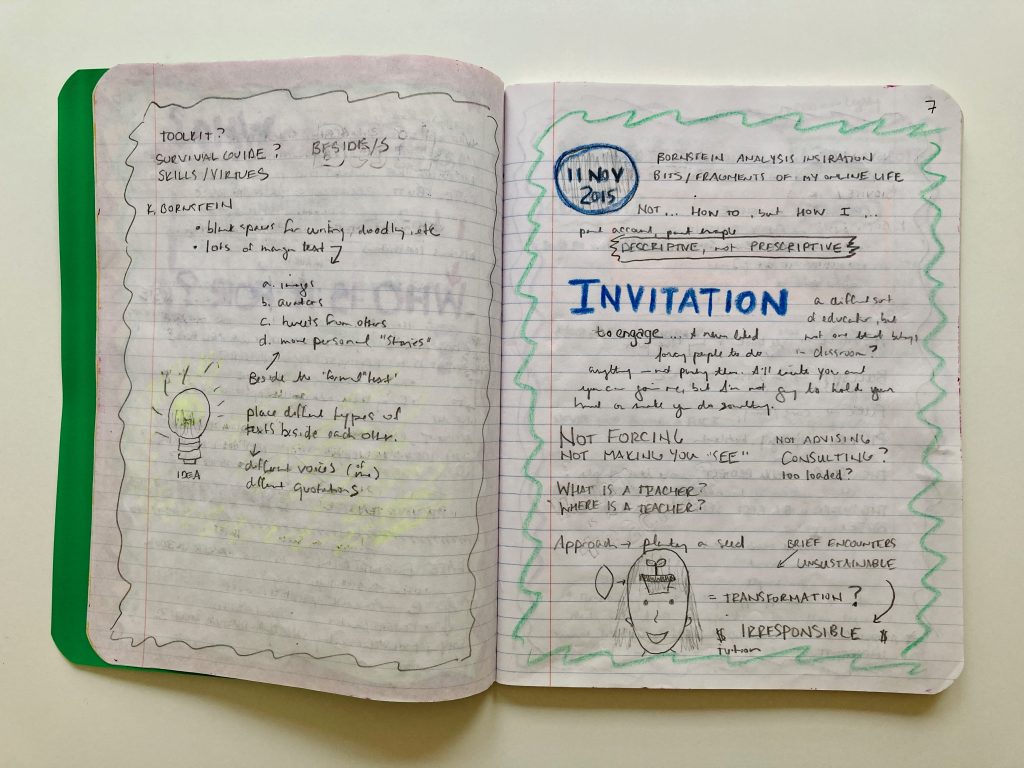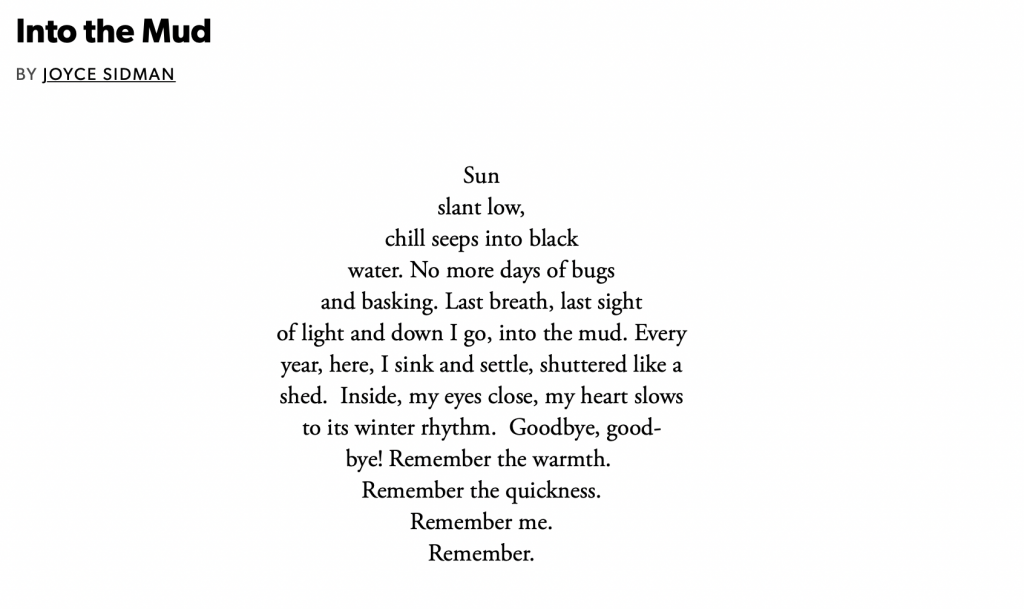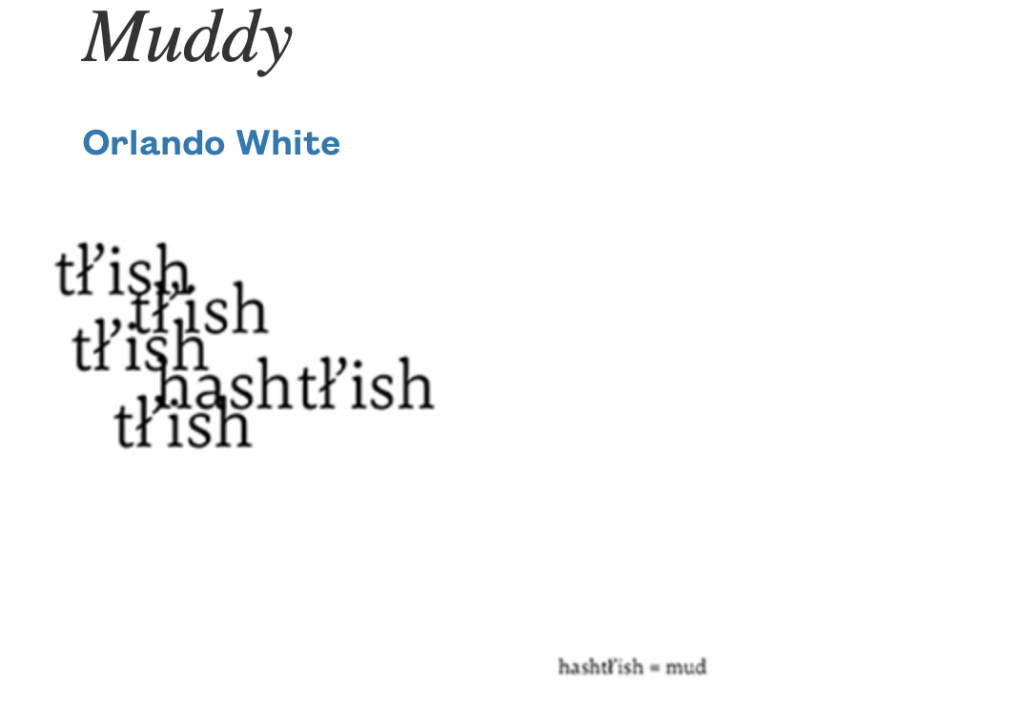1.5 miles
winchell trail, south/42nd st east/edmund, north
41 degrees
Headed to the gorge with Scott this morning — a quick run above the river. I know I looked at the river, but I can’t remember much about it. Most likely, with this gloomy sky, it was a brownish-gray or grayish-brown with no sparkle. We talked a lot about Lizzo and what a great job she did on SNL last night, both as the host and the musical guest. The only other thing I remember right now is running the opposite way on the Winchell Trail (usually I run north on it) and noticing how much longer the Folwell hill was this way. The other way it’s steep but short, this way it’s slightly less steep, but winding (or wind-y?) and long.
before the run
Yesterday I suggested that my next dirt topic should be gardens/gardening. Here are a few ideas:
1 — tune my body and my brain
My exploration of dirt began when I started thinking about the phrase from a kids’ song, or a song often sung to or by kids: “the worms crawl in, the worms crawl out.” Here’s another kids’ song that doesn’t have the word dirt in it, but is about dirt and death and life and gardens. Both my kids sang it in elementary school concerts:
Here are a few verses:
Inch by inch, row by row
Gonna make this garden grow
All it takes is a rake and a hoe
And a piece of fertile ground
Inch by inch, row by row
Someone bless these seeds I sow
Someone warm them from below
Till the rain comes tumblin’ down
Pullin’ weeds and pickin’ stones
Man is made of dreams and bones
Feel the need to grow my own
‘Cause the time is close at hand
Rainful rain, sun and rain
Find my way in nature’s chain
Tune my body and my brain
To the music from the land
2 — Alice Oswald and “echo-poetics”
It is perhaps this blending of the ecological sensibilities learned through gardening with those of the poet that makes reading Oswald’s editorial and poetic work so compelling, and not only for the many pleasures it brings. It also offers an acoustically informed aesthetic, a way of re-tuning how we think about and make beauty and meaning in verbal forms, especially those inspired by the earth’s processes, things, places. Principled with the desire to bring living things unmediated into text, Oswald’s writings illustrate a heightened and recursive sensitivity to the acoustics of environment, with the ear, of course, in its critical role as converter of signals. They recognize sound as summons, access, and mode. They value gardening (and other physical work) for the ways it creates possibilities for encounter by situating the body in motion and out-of-doors. They invite and invent expressive forms that are organic to these encounters, or that modify existing forms so they are apt and up to the task. They reveal a rootedness in rhythm, syncopation, harmony, or some other musicality within the external world. They practice acute hearing and engage in humble, patient, and empathie listening. They gesture toward the sonic rounding out of envi-ronments and their many natural, social and cultural complexities. And they practice accretion as a writer’s technique inspired by a natural process. Thus Oswald begins to define what I might term an “echo-poetics.”
Voice(s) of the Poet-Gardener: Alice Oswald and the Poetry of Acoustic Encounter/ Mary Pinard
3 — digging work
It’s certainly true that when you’re digging you become bodily implicated in the ground’s world, thought and earth continually passing through each other. You smell it, you feel its strength under your boot, you move alongside it for maybe eight hours and your spade’s language (it speaks in short lines of trochees and dactyls: sscrunch turn slot slot, sscrunch turn slot slot) creeps and changes at the same pace as the soil. You can’t help being critical of any account of mud that is based on mere glimpsing.
“The Universe in time of rain makes the world alive with noise” / Alice Oswald
Digging/ Seamus Heaney
Between my finger and my thumb
The squat pen rests; snug as a gun.
Under my window, a clean rasping sound
When the spade sinks into gravelly ground:
My father, digging. I look down
Till his straining rump among the flowerbeds
Bends low, comes up twenty years away
Stooping in rhythm through potato drills
Where he was digging.
The coarse boot nestled on the lug, the shaft
Against the inside knee was levered firmly.
He rooted out tall tops, buried the bright edge deep
To scatter new potatoes that we picked,
Loving their cool hardness in our hands.
By God, the old man could handle a spade.
Just like his old man.
My grandfather cut more turf in a day
Than any other man on Toner’s bog.
Once I carried him milk in a bottle
Corked sloppily with paper. He straightened up
To drink it, then fell to right away
Nicking and slicing neatly, heaving sods
Over his shoulder, going down and down
For the good turf. Digging.
The cold smell of potato mould, the squelch and slap
Of soggy peat, the curt cuts of an edge
Through living roots awaken in my head.
But I’ve no spade to follow men like them.
Between my finger and my thumb
The squat pen rests.
I’ll dig with it.
4 — listening work
People often ask me what I like best about gardening. . . . The truth is it’s the sound. I don’t know anything lovelier than those free shocks of sound happening against the backsound of your heartbeat. Machinery, spade-scrapes, birdsong, gravel, rain on polythene, macks moving, aeroplanes, seeds kept in paper, potatoes coming out of boxes, high small leaves or large head-height leaves being shaken, frost on grass, strimmers, hoses . . .
“The Universe in time of rain makes the world alive with noise”/ Alice Oswald
Poems are written in the sound house of a whole body, not just with the hands. So before writing, I always spend a certain amount of time pre- paring my listening. I might take a day or sometimes as much as a month picking up the rhythms I find, either in other poems or in the world around me. I map them into myself by tapping my feet or punch- ing the air and when my whole being feels like a musical score, I see what glimpses, noises, smells, I see if any creature or feeling comes to live there. Then, before putting pen to paper, I ask myself, “Am I lis- tening? Am I listening with a soft, slow listening that will not obliter- ate the speaker?” And if, for example, I want to write a poem about water, I try to listen so hard that my voice disappears and I speak water.
“Poetry for Beginners” for the BBC’s Get Writing/ Alice Oswald
5 — In Search of our Mother’s Gardens*
*a reference to the powerful essay by Alice Walker, “In Search of Our Mother’s Gardens,” that I often taught in my Fem Theory classes.
things to think about while running:
- How can I “tune my body and brain to the music of the land”?
- What is digging work? Where can/do we do digging work?
- What are the sounds of my backyard garden?
- What can I plant in my garden this year?
- Why do I love doing physical, outdoor work? How is digging/gardening/weeding work different from listening/noticing/caring/writing work? How is it similar?
during the run
Ran with Scott, and we didn’t talk about gardens or digging until the end, when I mentioned gardening, digging, and the digital story about my mom. He suggested that I look up the lyrics for Peter Gabriel’s “Digging in the Dirt.”
after the run
Here are a few lyrics from Gabriel’s “Digging in the Dirt”:
Digging in the dirt
Stay with me, I need support
I’m digging in the dirt
To find the places I got hurt
Open up the places I got hurt
The more I look, the more I find
As I close on in, I get so blind
I feel it in my head, I feel it in my toes
I feel it in my sex, that’s the place it goes
This time you’ve gone too far
This time you’ve gone too far
This time you’ve gone too far
I told you, I told you, I told you, I told you
This time you’ve gone too far
This time you’ve gone too far
This time you’ve gone too far
I told you, I told you, I told you, I told you
And the refrain at the end, repeated several times:
Digging in the dirt
To find the places we got hurt
And here’s the video, which I can’t embed). Wow, the imagery in this fits with so many things I’ve been discussing! Worms, digging as excavating deeper truths (I think I’ve mentioned this before), death, dust, grass, pebbles, sand, rocks, mushrooms speaking! (in the video they spell out “help”).
video: Digging in the Dirt/ Peter Gabriel
addendum, 18 april 2022: almost forgot to add this image from my notes for my memoir (still in progress) about my student and teaching life”

Instead of cropping out the key part — the picture of a plant growing inside a head in the lower right with the text, “planting a seed” — I decided to post the entire image. When I taught feminist and queer classes a decade ago, my aim was to plant seeds. Not to force ideas on students or to expect instant results — where they could immediately “get” something or be transformed, but to introduce ideas and offer up invitations that might, in the future, lead to transformation and deeper understandings.

